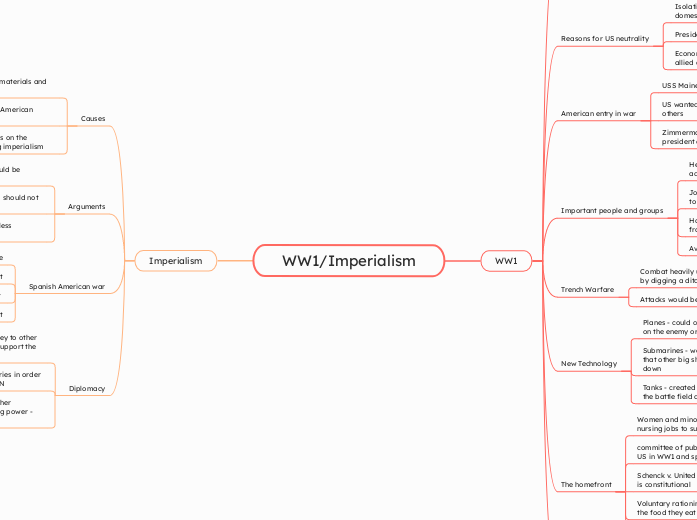av Keanna Albright för 20 timmar sedan
3
WW1/Imperialism
The early 20th century saw the United States grappling with its role on the global stage. Different forms of diplomacy, such as Dollar Diplomacy and Moral Diplomacy, were employed to expand U.

av Keanna Albright för 20 timmar sedan
3

Mer av detta